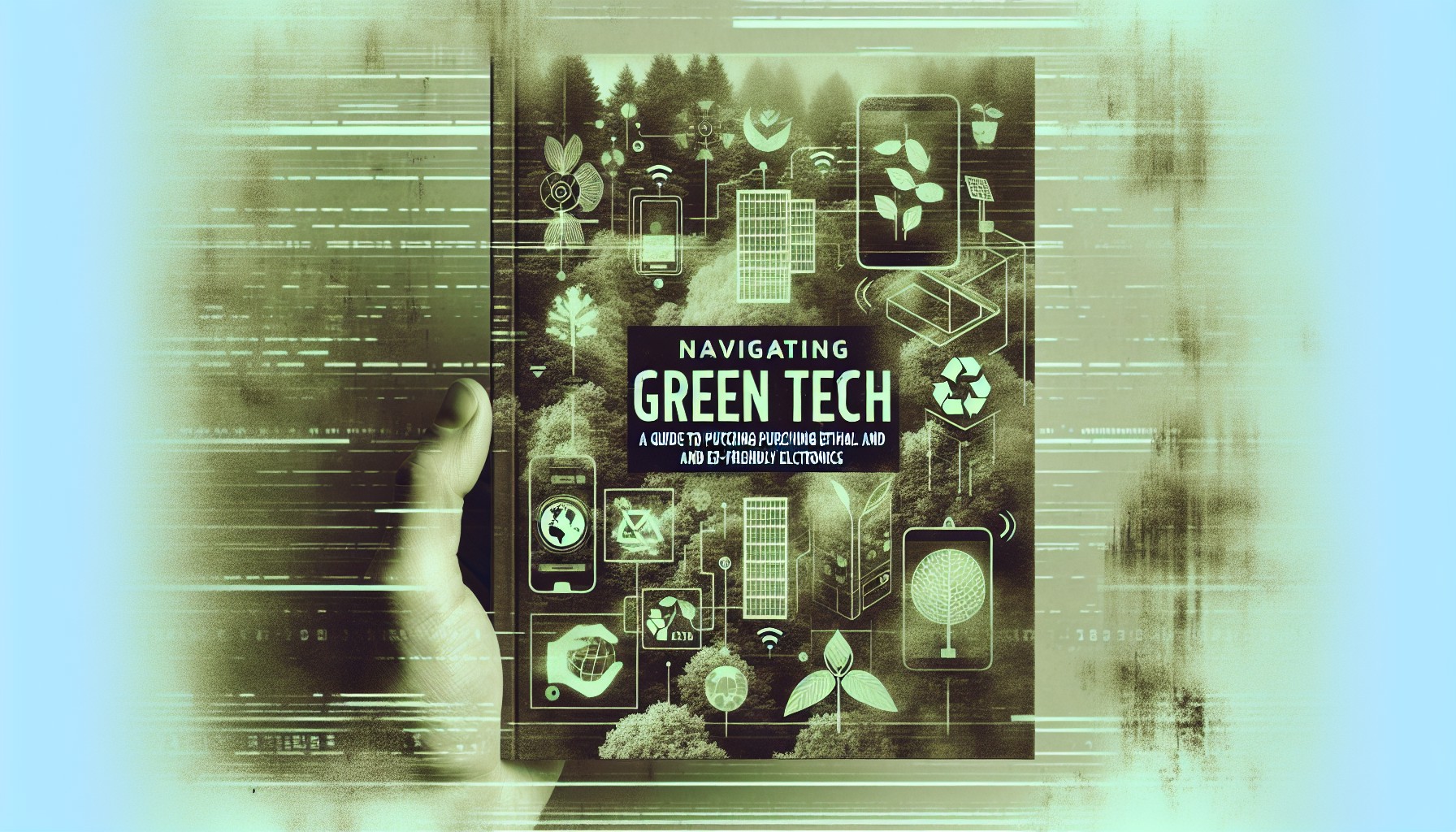In the ever-evolving landscape of technology, where gadgets and innovations seem to emerge at the speed of thought, there lies a hidden and often overlooked reality: the environmental and ethical repercussions of our insatiable appetite for the latest tech. As we stand on the precipice of 2025, it is imperative that we, as consumers and participants in the tech ecosystem, begin to address the deep-seated issues of electronic waste, conflict minerals, and poor labor conditions. Only then can we hope to forge a path toward more sustainable consumption.
Electronic waste, or e-waste, is one of the most pressing concerns facing the tech industry today. With advancements in technology occurring at a rapid pace, devices become obsolete almost as quickly as they are released, contributing to approximately 50 million metric tons of e-waste globally each year. This waste often contains toxic substances that can leach into the environment, posing severe health risks to humans and wildlife alike. The challenge is finding ways to responsibly recycle and repurpose these materials, which is where artificial intelligence (AI) can play a pivotal role.
AI-driven solutions can enhance the efficiency of e-waste processing by automating sorting processes, identifying materials that can be recycled, and optimizing the logistics of recycling operations. By integrating machine learning algorithms, facilities can improve the accuracy of material separation, reducing contamination and increasing the yield of recoverable materials. Consumers, too, can leverage AI-powered platforms to identify nearby recycling centers or services that offer take-back programs for old devices. These technologies can help mitigate the environmental impact of e-waste, but the key lies in widespread adoption and consumer awareness.
Beyond environmental concerns, the extraction of conflict minerals—such as tantalum, tin, tungsten, and gold—used in many electronic devices is another critical issue. These minerals are often sourced from regions plagued by armed conflict, where mining operations can finance violence and human rights abuses. Blockchain technology, a close cousin to AI, offers a promising solution by enabling greater transparency and traceability in supply chains. By ensuring that minerals are sourced ethically, blockchain can help hold companies accountable and empower consumers to make informed purchasing decisions.
Labor conditions in the tech industry, particularly in manufacturing hubs, are another area that demands urgent attention. Workers are often subjected to long hours, low pay, and hazardous working environments. AI and robotics can potentially alleviate some of these issues by automating dangerous tasks and improving workplace safety. However, it is crucial to balance automation with job creation, ensuring that workers are not displaced but rather retrained for roles in a tech-driven economy.
As consumers, our purchasing choices wield considerable power in shaping the industry’s trajectory. By prioritizing sustainability, we can influence companies to adopt greener practices. Opting for products designed with modularity in mind, which allow for easy repair and upgrades, can extend the lifespan of devices and reduce waste. Supporting brands that are transparent about their supply chains and labor practices can also drive positive change.
For those looking to shop more sustainably, AI-powered apps and platforms can assist in navigating the complex landscape of ethical tech shopping. These tools can provide insights into a product’s lifecycle, from raw material sourcing to end-of-life management, helping consumers make decisions aligned with their values. Additionally, AI can facilitate the growth of the circular economy by connecting consumers with marketplaces for refurbished or second-hand electronics.
In conclusion, as we stand at the intersection of technological innovation and environmental responsibility, it is clear that the path forward requires collective effort. By leveraging AI and related technologies, embracing transparency, and making conscious choices, we can address the challenges of electronic waste, conflict minerals, and labor conditions. Together, we can foster a tech industry that not only drives progress but also respects the planet and its inhabitants.
